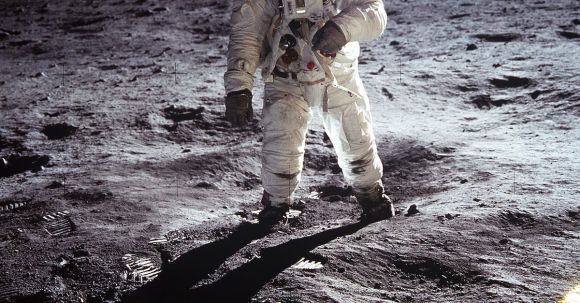Space exploration has been one of the most fascinating and awe-inspiring endeavors of mankind. For decades, scientists and engineers have been sending space probes to explore distant planets, moons, and other celestial bodies. These incredible space missions have provided us with valuable information about the universe and have expanded our understanding of the cosmos. In this article, we will take a closer look at the incredible journey of space probes and the remarkable discoveries they have made.
Unveiling the Secrets of Our Solar System
Our solar system, with its planets, moons, and asteroids, has been a subject of great curiosity for scientists. Space probes have played a crucial role in uncovering the secrets of our celestial neighborhood. One of the earliest and most successful space probes was the Voyager mission, which launched in 1977. Voyager 1 and Voyager 2 set out on a grand tour of the outer planets, capturing stunning images of Jupiter, Saturn, Uranus, and Neptune. These images provided us with a glimpse into the fascinating worlds that exist beyond Earth.
Exploring the Red Planet
Mars has always been a planet of great interest for scientists, as it is the most accessible planet in our solar system. Over the years, several space probes have been sent to Mars to study its geology, atmosphere, and the possibility of past or present life. The Mars rovers, including Sojourner, Spirit, Opportunity, and Curiosity, have made significant discoveries, such as evidence of water on the planet’s surface and the potential habitability of certain regions. These rovers have paved the way for future manned missions to Mars.
Unraveling the Mysteries of the Outer Solar System
Beyond Mars, the outer solar system has been a target for space probes seeking to unravel its mysteries. The Cassini-Huygens mission, a joint project between NASA, the European Space Agency, and the Italian Space Agency, provided us with unprecedented insights into the planet Saturn and its moons. The Huygens probe even successfully landed on Saturn’s largest moon, Titan, revealing a complex and dynamic world with lakes, rivers, and a thick atmosphere. This mission has reshaped our understanding of the outer solar system and opened up new possibilities for future exploration.
Reaching for the Stars
While our solar system has been the primary focus of space probes, scientists have also set their sights on the stars beyond. The Voyager probes, launched in 1977, were the first human-made objects to enter interstellar space. They continue to transmit valuable data about the conditions beyond our solar system, providing us with insights into the vastness of the universe. Additionally, the recent launch of the Parker Solar Probe aims to study the Sun up close, collecting data that will help us better understand our star and its impact on the Earth.
The Future of Space Exploration
As technology continues to advance, the future of space exploration looks promising. Space agencies around the world are planning ambitious missions to explore distant worlds and search for signs of life beyond Earth. The James Webb Space Telescope, set to launch in 2021, will revolutionize our understanding of the universe by observing distant galaxies and studying the atmospheres of exoplanets. Furthermore, private space companies like SpaceX are working towards establishing a human presence on Mars, opening up new possibilities for the colonization of other planets.
In conclusion, the incredible journey of space probes has brought us closer to understanding the mysteries of the universe. From exploring our own solar system to venturing into interstellar space, these missions have provided us with valuable knowledge and breathtaking images. As we continue to push the boundaries of space exploration, the future holds even more exciting possibilities. The journey of space probes is far from over, and it is only a matter of time before we make more groundbreaking discoveries that will shape our understanding of the cosmos.
